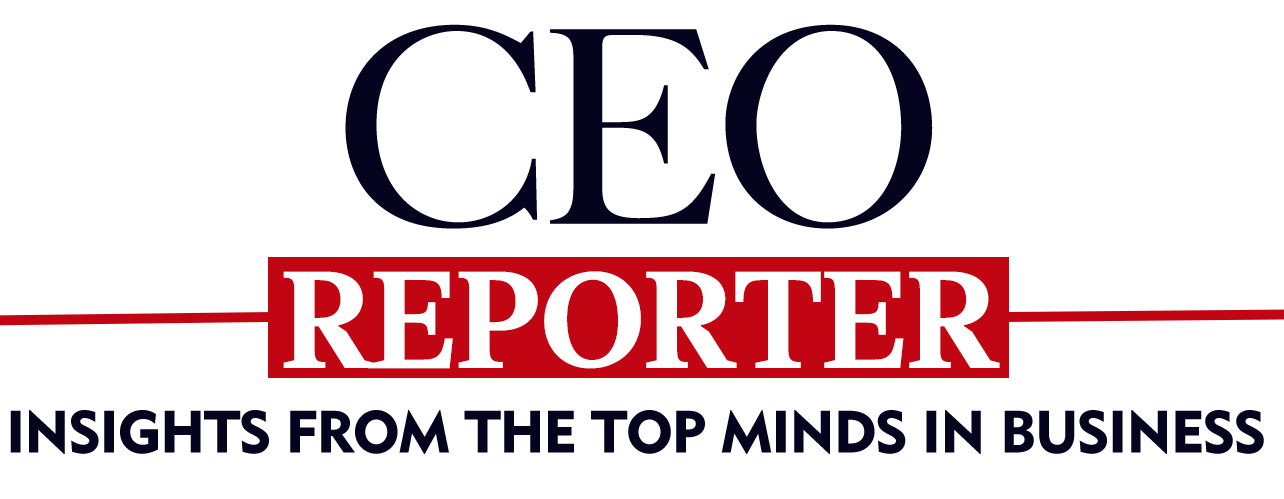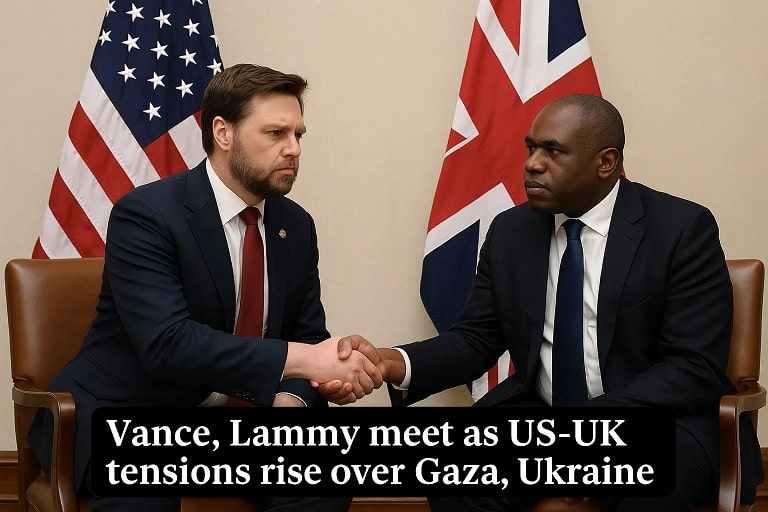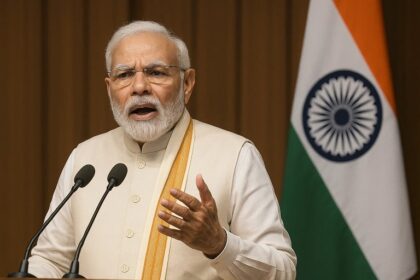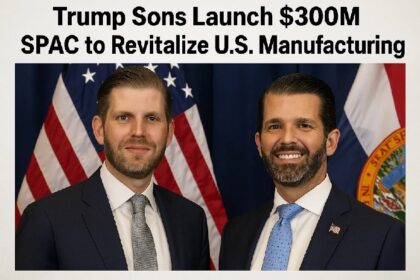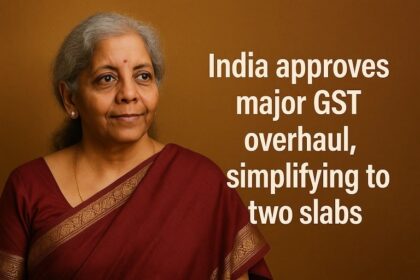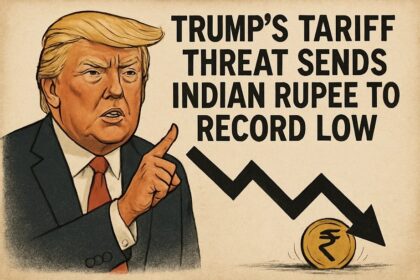Vance, Lammy Meet as US-UK Tensions Rise Over Gaza, Ukraine
On August 8, 2025, U.S. Vice President JD Vance met British Foreign Secretary David Lammy at Chevening House in Kent, England, amid growing tensions between the U.S. and UK over differing approaches to the conflicts in Gaza and Ukraine. The meeting, held at the foreign secretary’s official country residence, combined formal discussions with a personal touch, as the two leaders, who have bonded over shared Christian faith and challenging upbringings, went fishing before their talks. Vance’s visit, part of a family holiday in the UK, comes at a time of heightened transatlantic friction, driven by disagreements on Gaza policy and concerns over Ukraine’s war with Russia. This article explores the context, key issues, and implications of the Vance-Lammy meeting, drawing on their statements and broader geopolitical dynamics.
Background of the Meeting
The U.S. and UK, long bound by the “special relationship,” face strains due to divergent foreign policy stances under President Donald Trump’s administration and Prime Minister Keir Starmer’s Labour government. Vance, a proponent of Trump’s America First policy, has previously criticized the UK’s Labour Party, calling it “maybe” the first “truly Islamist” nuclear-armed state and accusing it of undermining free speech. Lammy, who once labeled Trump a “far-right extremist” and “neo-Nazi,” has since downplayed these remarks as “old news,” emphasizing a warm personal rapport with Vance. Their friendship, rooted in shared experiences of difficult childhoods and Christian faith, was evident in Lammy attending Mass at Vance’s Washington residence in March 2025 and their meeting at Pope Leo XIV’s inaugural Mass in Rome in May.
The meeting at Chevening, a 17th-century Grade I-listed mansion, follows Trump’s recent Scotland visit, where he met Starmer and European Commission President Ursula von der Leyen, securing a trade deal with a 15% EU import tariff. Vance’s trip, which includes a Cotswolds holiday and visits to cultural sites like Hampton Court Palace, is described as a working visit with official engagements, including a meeting with U.S. troops. However, protests by trade unions, pro-Palestinian groups, and climate activists, similar to those during Vance’s Vermont trip, are expected, reflecting discontent with U.S. policies on Gaza and Ukraine.
Key Issues Discussed
Gaza Conflict
The U.S. and UK diverge sharply on Gaza, particularly after Israel’s decision to take military control of Gaza City, announced overnight on August 7, 2025. UK Prime Minister Keir Starmer condemned the move as likely to bring “more bloodshed,” while Lammy expressed deep concern over Gaza’s humanitarian crisis, accusing Israel of “drip-feeding” aid. The UK has pledged to recognize a Palestinian state in September 2025 unless Israel agrees to a ceasefire and addresses the crisis, a stance supported by the Liberal Democrats, SNP, and Greens, who also demand sanctions on Israeli leaders like Benjamin Netanyahu.
Vance, reflecting Trump’s policy, stated the U.S. has “no plans” to recognize a Palestinian state, arguing it would “reward” Hamas for its October 7, 2023, attack on Israel. He emphasized two U.S. goals: eradicating Hamas to prevent attacks on Israeli civilians and addressing Gaza’s humanitarian crisis. Vance acknowledged “disagreements” with the UK but stressed shared goals, saying, “We want to solve that problem, but may have some disagreements about how exactly to accomplish that goal.” The SNP’s call for a parliamentary recall to approve sanctions on Netanyahu and Lammy’s push for a ceasefire highlight the UK’s more critical stance toward Israel, contrasting with U.S. support for Israel’s actions.
Ukraine War
The Ukraine conflict, now in its third year, is another flashpoint. Trump has pushed for bilateral talks with Russian President Vladimir Putin, setting a deadline of August 8, 2025, for Moscow to show progress toward a ceasefire or face higher tariffs. However, Trump’s reluctance to commit to action, stating it was “up to Putin,” and Kremlin reports of a potential Trump-Putin summit next week have raised European concerns. The UK, led by Starmer and Lammy, insists Ukraine must be included in any negotiations to avoid unfavorable terms being imposed on Kyiv. Liberal Democrat leader Ed Davey urged Lammy to press Vance for new U.S. sanctions on Russia before any Trump-Putin meeting.
Lammy reiterated the UK’s call for a ceasefire and Russia’s withdrawal, warning against deals that exclude Ukraine. Vance’s comments were less specific, focusing on broader U.S.-UK cooperation, but his America First stance suggests alignment with Trump’s push for a swift resolution, potentially at Ukraine’s expense. The UK’s recent trade deal with the U.S., as noted by Chatham House’s Bronwen Maddox, gives Lammy leverage to advocate for Ukraine without escalating conflict with the Trump administration.
Trade and Other Issues
The meeting also addressed trade, with the UK seeking favorable terms for steel and aluminum exports as part of a June 2025 U.S.-UK trade deal. Maddox noted the UK’s satisfaction with the agreement, reflecting a desire to maintain strong ties with the Trump administration despite policy clashes. Vance’s past remarks on UK free speech, including a February 2025 critique of a conviction for silent prayer outside an abortion clinic, were revisited, with Vance framing his concerns as a warning against following the U.S.’s “dark path” under Biden from 2020-2024. Lammy downplayed these differences, calling them part of the “joy of democracy” and emphasizing shared concerns for working-class outcomes.
Implications of the Meeting
Transatlantic Relations
Despite personal warmth between Vance and Lammy, policy divergences on Gaza and Ukraine highlight challenges in the “special relationship.” The UK’s proactive stance on Palestinian statehood and Ukraine’s inclusion in peace talks contrasts with Trump’s administration’s focus on Hamas eradication and bilateral U.S.-Russia negotiations. The UK’s trade deal and Lammy’s restrained approach, as Maddox noted, aim to preserve ties without confrontation, but protests and domestic pressure from UK parties like the SNP and Greens could complicate diplomacy.
Gaza Policy Divide
The U.S.-UK split on Gaza reflects broader Western divisions. The UK’s push for Palestinian recognition aligns with European allies, while the U.S.’s rejection risks isolating it from global sentiment, as seen in Germany’s suspension of Gaza-linked arms sales to Israel and UN warnings of 14,000 potential child deaths. Lammy’s call for a ceasefire and aid contrasts with Vance’s emphasis on Hamas’s elimination, potentially straining U.S.-UK coordination on Middle East peace efforts.
Ukraine Negotiations
The prospect of a Trump-Putin summit raises fears of a deal sidelining Ukraine, which the UK and Europe seek to prevent. Lammy’s advocacy for Kyiv’s inclusion could influence U.S. policy if framed within the trade and security partnership. However, Trump’s tariff threats and noncommittal stance suggest limited U.S. appetite for prolonged Ukraine support, challenging the UK’s diplomatic leverage.
Domestic and Global Reactions
Vance’s visit has sparked protests in the UK, with pro-Palestinian and climate groups targeting his America First policies. Posts on X, including Lammy’s welcoming tweet and Zarah Sultana’s criticism of UK arms exports to Israel, reflect polarized sentiment. The UK’s domestic pressure to sanction Israel and support Ukraine contrasts with U.S. priorities, complicating bilateral talks.
What’s Next
The outcomes of the Vance-Lammy meeting will shape U.S.-UK coordination ahead of Trump’s planned UK state visit in September 2025, a rare second honor for a U.S. president. Lammy may push for U.S. sanctions on Russia and a Gaza ceasefire, but Vance’s alignment with Trump’s policies suggests limited concessions. The UK’s recognition of Palestine in September could widen the transatlantic gap, while a Trump-Putin summit could test European unity. Vance’s Cotswolds holiday and cultural visits, including to Hampton Court Palace, will proceed amid expected protests, highlighting the public scrutiny of U.S. policies. Long-term, the U.S. and UK must navigate these tensions to maintain their alliance, with trade and personal ties like Vance and Lammy’s offering a foundation for dialogue.
Conclusion
The August 8, 2025, meeting between JD Vance and David Lammy at Chevening House reflects both the strength and strain in U.S.-UK relations. While their personal rapport, rooted in shared faith and upbringings, fosters goodwill, disagreements over Gaza and Ukraine underscore deeper policy divides. The UK’s push for Palestinian statehood and Ukraine’s inclusion in peace talks clashes with the U.S.’s focus on Hamas eradication and bilateral talks with Russia. As protests and domestic pressures mount, the Vance-Lammy talks highlight the challenge of aligning the “special relationship” with global crises. The coming months, with Trump’s state visit and potential Gaza and Ukraine developments, will test whether personal diplomacy can bridge these transatlantic tensions.
